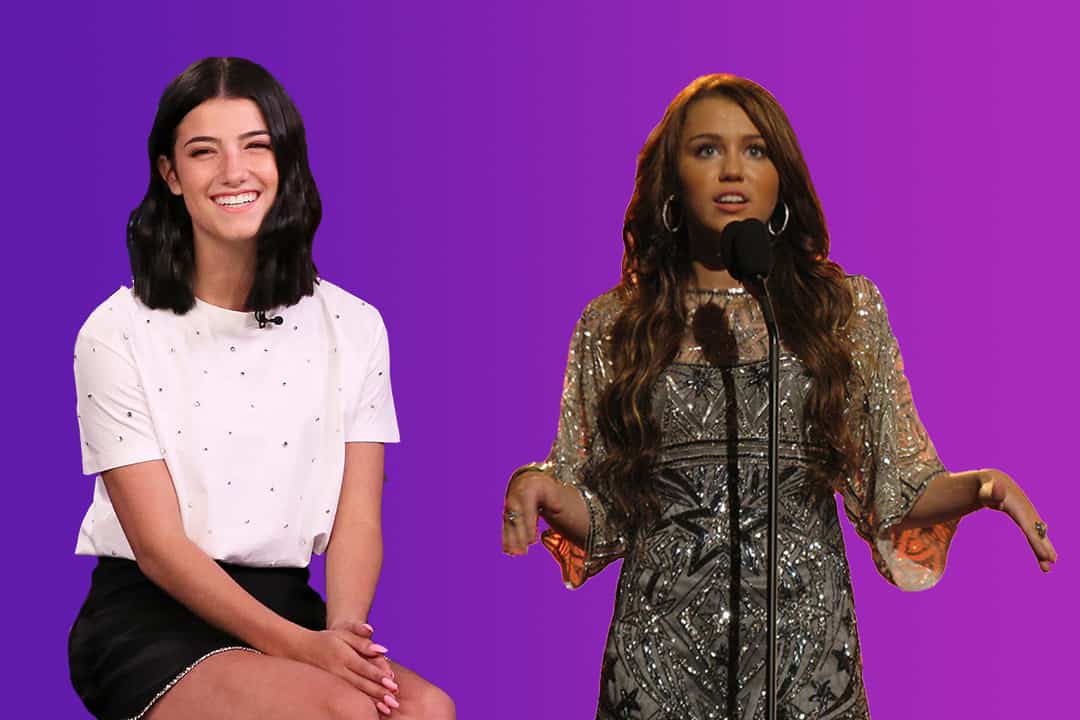Considering the fact that you’re currently reading a newspaper article, it’s probably fair to assume that you’re not trapped in the cycle of social media algorithms. However, all of us have experienced the difficulty of controlling what we pay attention to and how long we pay attention to it. When hours of algorithmically-curated content are prepared for you, it’s hard to manage your intake. There’s also been an undeniable increase in our media usage because of the COVID-19 lockdown. What’s the result of this? A new breed of clout-obsessed teens and new celebrities to lead them.
Let’s think back to our childhoods. Remember Disney Channel and Club Penguin? Well, while the latter and many of its counterparts have faded into obscurity, Disney has moved onwards and continues to thrive. That’s because, in my opinion, their formula appeals to the same desires that fuel modern influencer culture: seeing people revel in their wealthy lifestyles.
What are the elements that are left out of current influencer culture? Social awareness and talent. We’ve shifted our gaze to the image of the individual and seem to excuse them of all their failings by over-sympathizing with the pressures that we imagine they have to face as celebrities. For example, when we hear about celebrity breakups and our immediate instinct is to turn to other celebrities looking for clues about who broke up with who, we fail to be critical of the reasons they became celebrities in the first place.
Young influencers like Addison Rae and Charli D’Amelio rose to fame not for a skill or a valuable idea, but because of their appearance and the brand that they were able to build from it. They create 30-second to three-minute clips, throw in basic filters and audio, and somehow attract attention by executing simple dances that are, by necessity, performable by anyone.
It’s hard for me to excuse the fact that people are rewarded immense wealth for making short videos that influence kids to skip school so that they can focus their time on becoming TikTok famous. Maybe TikTok stars are geniuses for producing a perfect visual aesthetic and content that makes millions interested in a tiny clip about nothing, but I doubt that it’s the case.
As the world slowly wakes up from the hazy internet coma of pandemic life, it’s strange to see these new celebrities out and about in the wild. Many have found a way to defend them by categorizing them as celebrities of vanity and notoriety — hello, Kardashians. Sometimes, we justify their snobbery and their opulent lifestyles because we believe that they were unprepared to become famous.
This sounds very forgiving and pleasant, but I think that wealth uncovers one’s basic morals. If some of these celebrities chose to share the platform they acquired by strokes of algorithmic luck with the disenfranchised, that would be a sign they were truly beautiful people and worthy of admiration.
While selfishness is unjustified at any age, it’s worth noting the possibility that these celebrities are being used by managers, production companies, or even their parents and families for wealth and fame. My previous argument still stands with regard to the exploitation of power being unethical, but I express my sympathies for all young people being used for their fame.
No matter the case, celebrity life seems to be dangerous if you want to find lasting success and fulfillment. It’ll be interesting to watch how young celebrities continue to grow in the industry — I doubt their careers will be similar to that of past stars like Miley Cyrus and Selena Gomez who became famous because of talent.
If you become famous on social media for no apparent reason, remember to be aware of how you handle the new attention — there will always be critics like myself watching and evaluating whatever you do. Best of luck in the spotlight!


